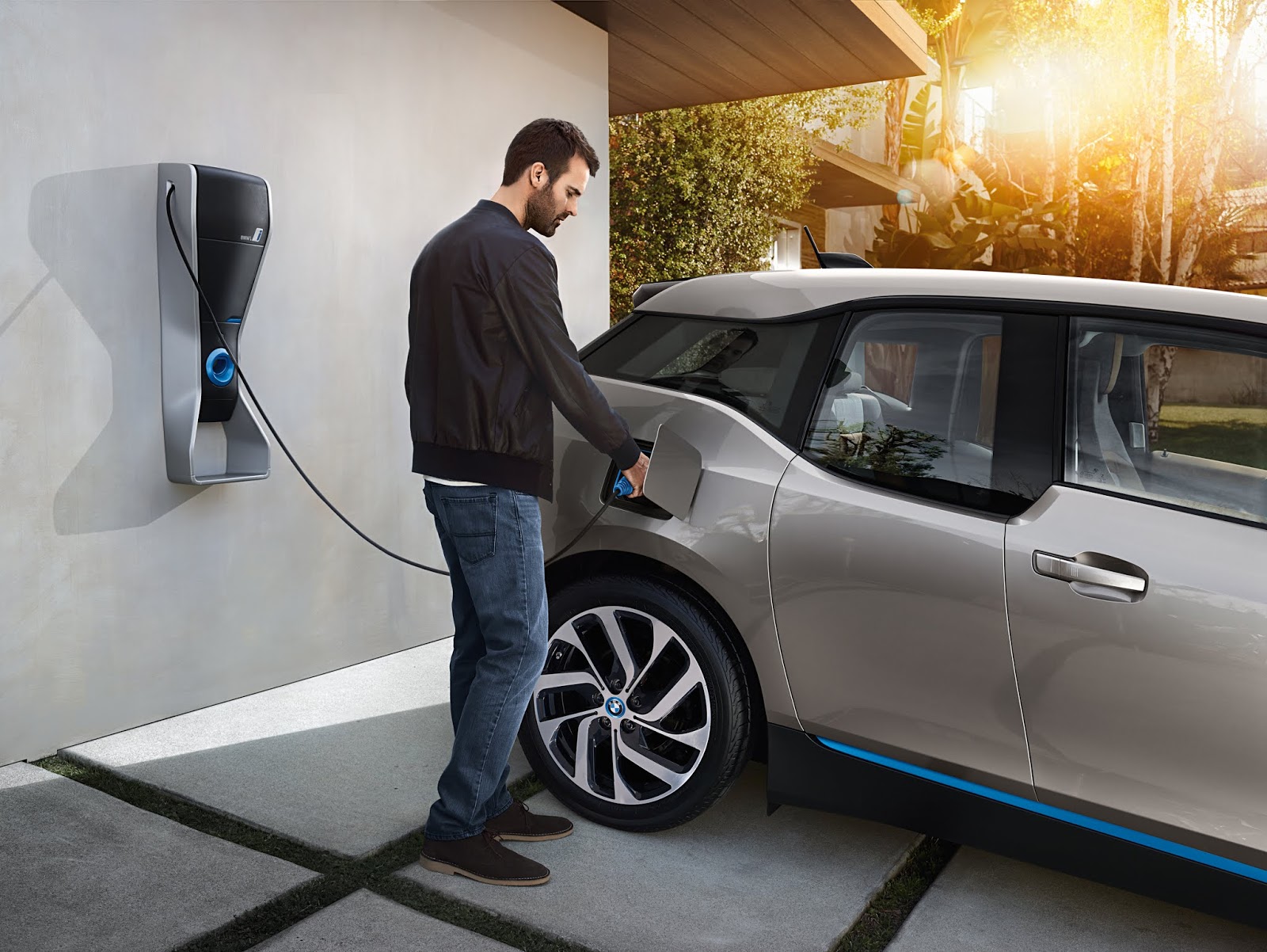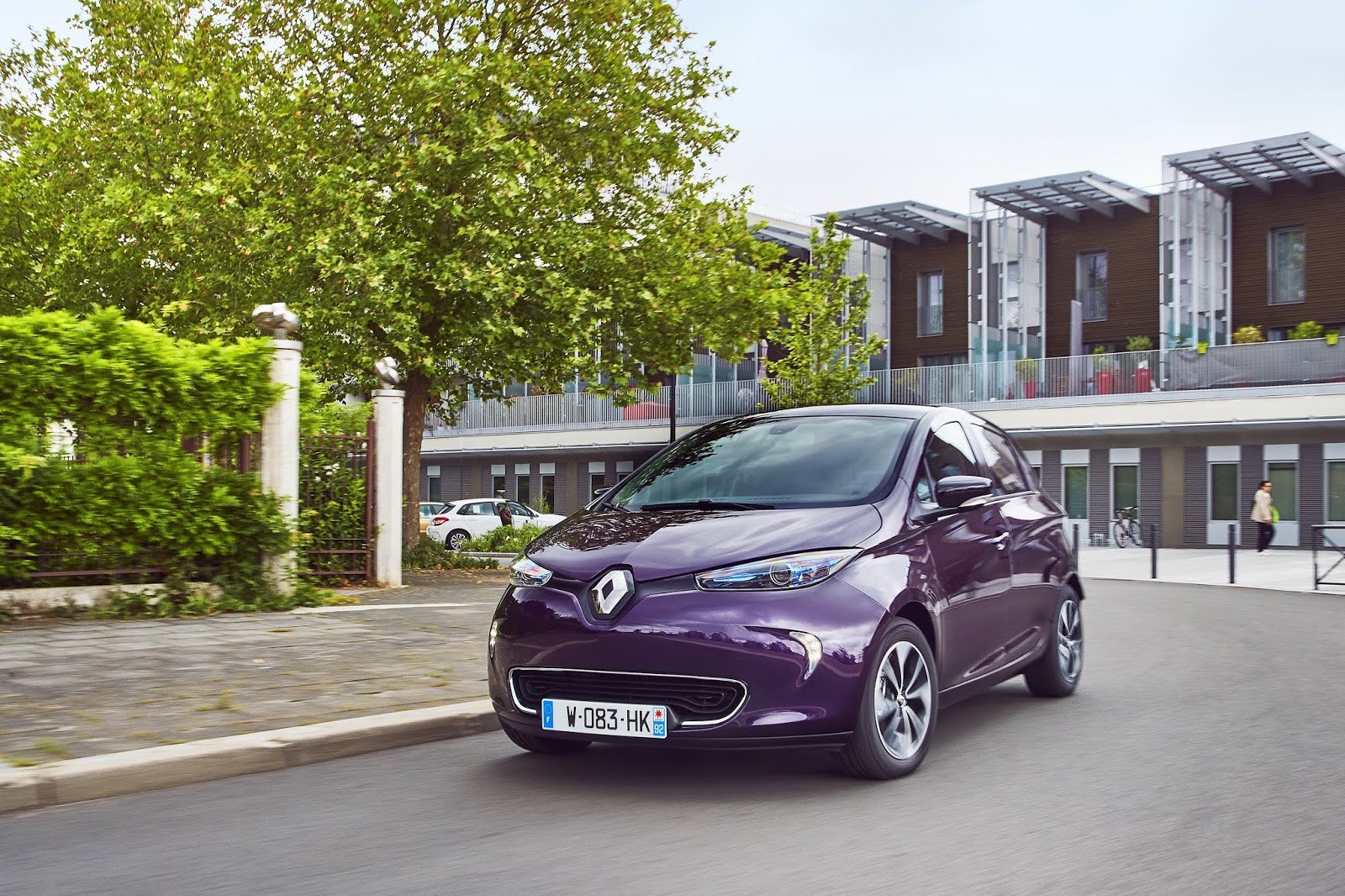- General
- February 16, 2019
- 6 minutes read
Germany Is Lengthening Electric Company Car Tax Incentives
The BMW i3, one of the best-selling electric vehicles in Germany image : BMW Germany is set to lengthen tax…
 |
| The BMW i3, one of the best-selling electric vehicles in Germany
image : BMW
|
Germany is set to lengthen tax incentives for electric company cars, the country’s Finance Minister said to a newspaper on Saturday. This is likely another attempt to boost demand for clean vehicles, after a diesel emissions cheating scandal that has rocked the auto industry, a significant one in Germany, where several automakers including Volkswagen and Daimler are headquartered.
“Half of all cars sold in Germany are company cars,” German Finance Minister Olaf Scholz said to the Frankfurter Allgemeine Sonntagszeitung newspaper. “So I have decided that we will not end tax support for electric cars and plug-in hybrid company cars in 2021 but extend them maybe over the whole decade,”.
 |
| Germany Vice-Chancellor and Federal Minister of Finance, Olaf Scholz
image : Inga Kjer/ photothek/Deutscher Bundestag
|
He also said that the rules for plug-in hybrids would be tensed, so that only cars able to journey on electric power further than they do currently would be eligible. Since January, persons who ride electric company cars – in Germany – which they also use for private journeys pay less tax than compared to a combustion engine vehicle. Government subsidies, also in the U.S., have helped boost sales of electric vehicles.
U.S. electric vehicle maker Tesla is in the midst of a tax incentive phaseout which goes into effect once an automaker sells up to 200,000 electric vehicles in the country. This has led the company to lessen production hours for its Model S and Model X vehicles to focus on the Model 3 – a cheaper vehicle. It’s also setting sight on the Chinese and European markets to generate higher sales.
 |
| The Renault Zoe, another top-selling electric vehicle in Germany
image : Renault
|
Meanwhile, the German government, a promoter of electric vehicle use, set a target of having 1 million of them on the road by 2020. The government has now accepted that it’ll be missing this target.






